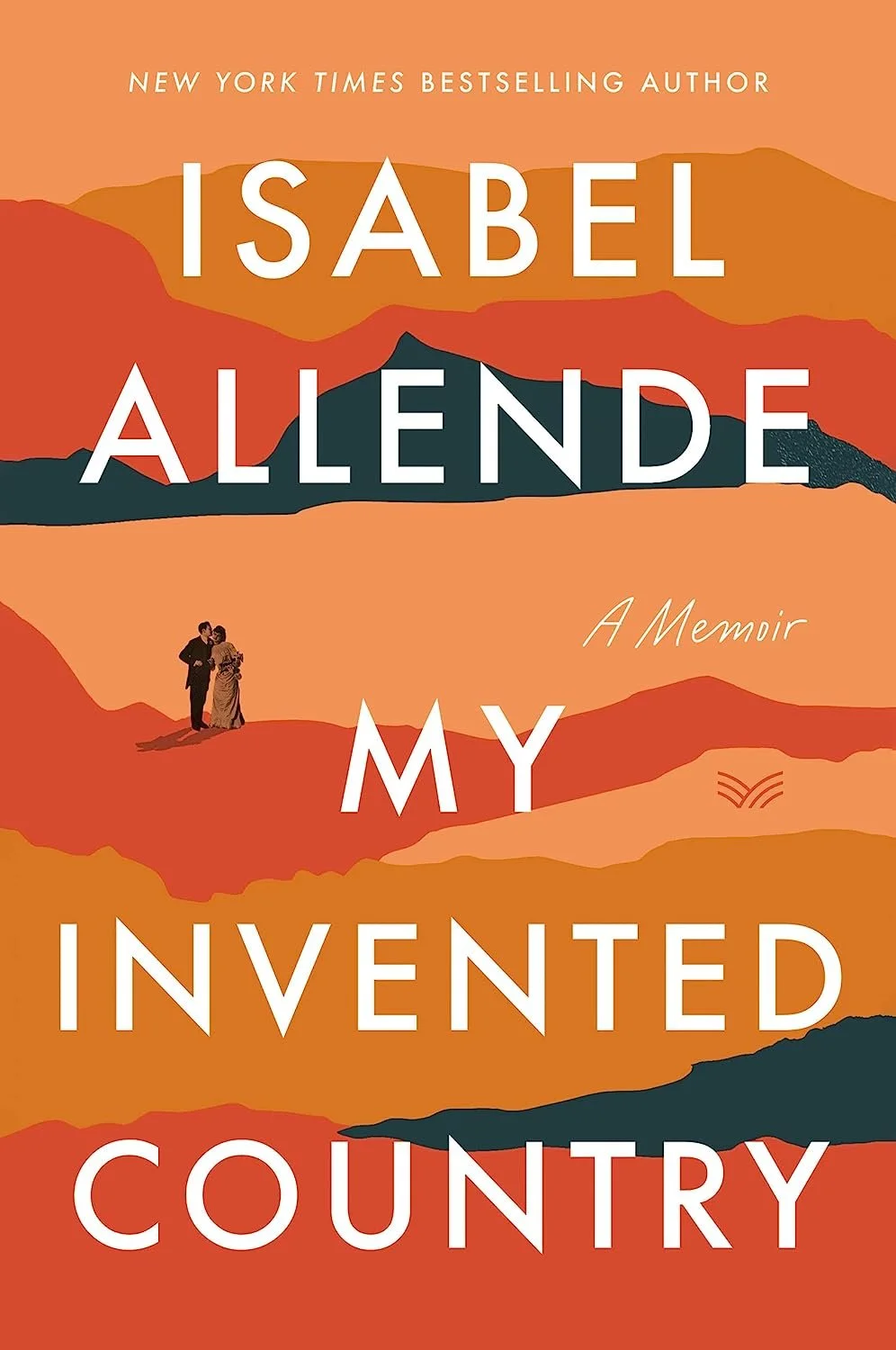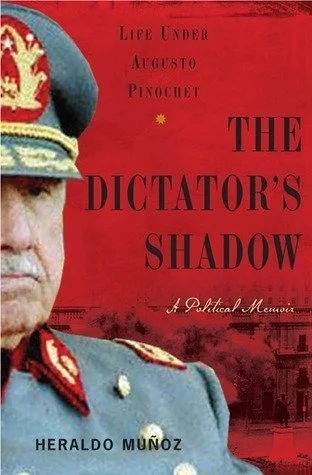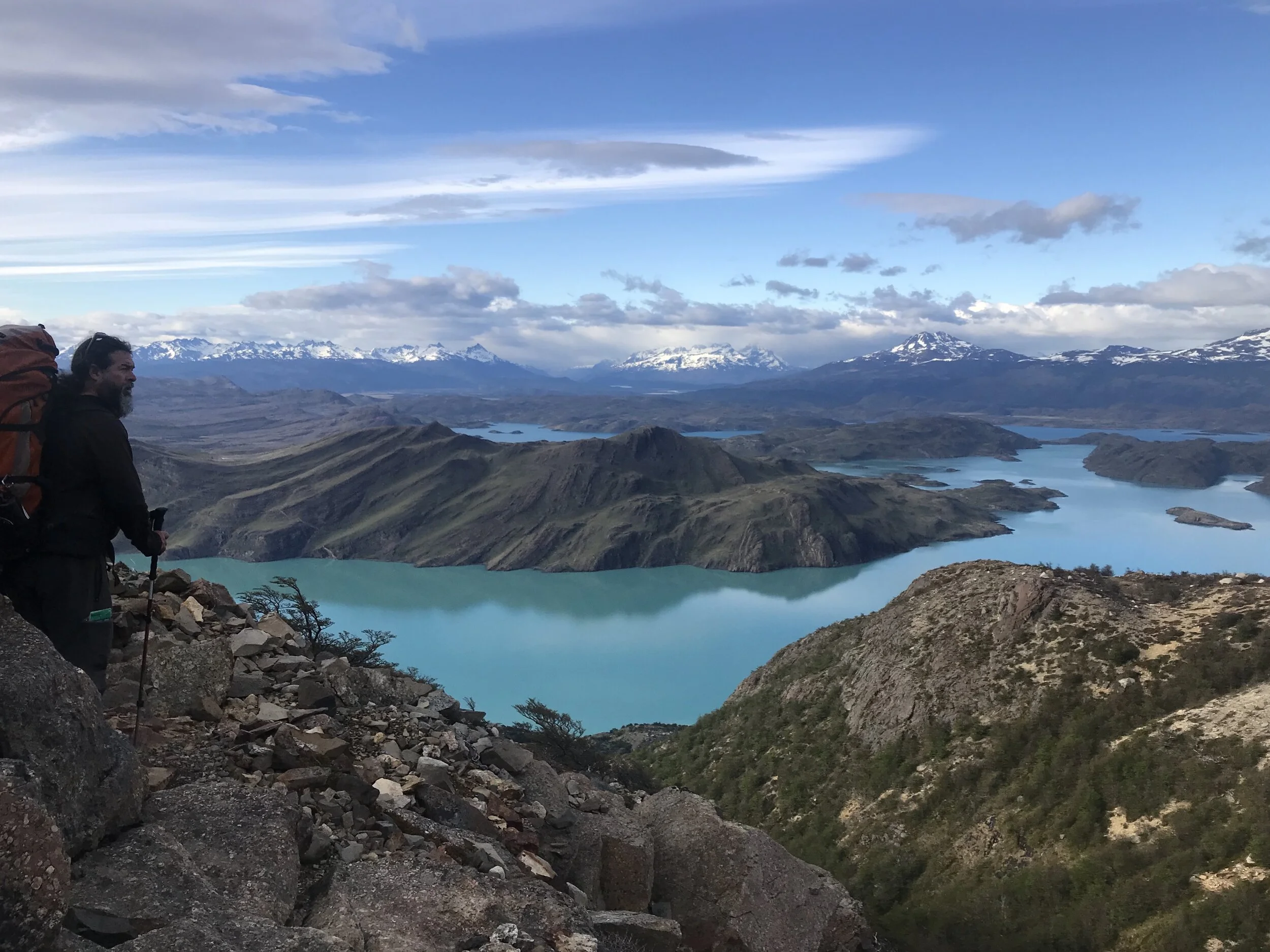In the world of literature, Chile is known as the country of poets and Nobel Prize winners. Its rich culture, complex history and unique geographical spaces inspire writers to create mesmerizing prose and beautiful stories to be shared with the world. So many books about Chile take place in pivotal historical moments or in its vast areas of nature.
One of the best ways to prepare for a trip to Chile is to read books about the area. Whether you’re looking for a novel to capture your attention or memoir to soak in history, finding a way to immerse yourself in the cultural landscape will help create a sense of respect and authenticity before stepping foot in Chile. If you’re traveling to Chile in the near future or simply curious about Chilean culture, here is a list of books about Chile to check out.
Books set in Chile by Isabelle Allende
Isabelle Allende is a renowned Chilean American novelist known for her magical realism style prevalent in Latin American writing. Shed is considered the pioneer of female authors in Latin American literature. This prolific writer has penned more than 27 books translated into dozens of languages. We could recommend practically all of her works, but for those set in Chile here are a few of our faves:
The House of the Spirits: A Multi-Generational Tale of Love and Fate
Isabelle Allende
The House of the Spirits is considered one of Allende's most notable works. The story is a multi-generational epic that blends elements of magical realism with historical events. The novel is set in an unnamed Latin American country and follows the lives of the Trueba family over several decades. The narrative revolves around three generations of women: Clara del Valle, her daughter Blanca, and Blanca's daughter Alba. Clara possesses clairvoyant powers and has a deep connection to the spiritual realm, which affects the lives of those around her. The novel intertwines personal stories of love, passion, and betrayal with larger societal issues, creating a rich tapestry of characters and events.
Inés of My Soul: Adventure, Love, and Resilience in the New World
Isabelle Allende
Inés of My Soul is a historical novel framed as Inés's memoir, recounting her adventurous life and the role she played in the conquest of Chile in the 16th century. Inés, a young Spanish woman, sets out to join her husband in the New World but soon finds herself abandoned and alone in the harsh environment of the Americas. Inés displays remarkable resilience and courage as she navigates the challenges of life in the New World, fighting against cultural barriers and the expectations placed upon women in that era. This story is a tale of adventure, love, resilience, and self-discovery and sheds light on a crucial period in Latin American history.
A Nostalgic Journey Across Chile: Isabel Allende’s Memoir
My Invented Country: A Nostalgic Journey Across Chile
Isabelle Allende
My Invented Country: A Nostalgic Journey Across Chile is a memoir that reflects on Isabel Allende personal and cultural history, offering a nostalgic exploration of her native country, Chile. The memoir serves as a tribute to her homeland and a way for her to come to terms with her identity as both a Chilean and an immigrant living in the United States. She invites readers to reflect on their own connections to their birthplace, their sense of belonging, and the power of storytelling to preserve and make sense of our past.
Famous Chilean poetry to read
Chile has lovingly been nicknamed as the land of poets (país de poetas) because the country has produced world renown poetry inspired by the culture and beautiful landscapes. Pablo Neruda & Gabriela Mistral are two iconic poets in Chile who won the Nobel Prize for their masterful prose. Although both authors have a diverse portfolio of work, below are a few suggestions introducing these two very talented literary figures.
Pablo Neruda
Born in Chile, Pablo Neruda was a poet and politician who was awarded the Nobel Prize for literature in 1971. He started writing at the young age of 13 in a variety of formats from poems to political manifestos and historical pieces depicting the Chilean culture of the early 1900’s. Pablo lived a turbulent life being uprooted and exiled from Chile due to his political influences but was able to return a few years later. Although Neruda was battling cancer at the time of his death, it is speculated that he death was initially caused by poison injection by the government when he was in the hospital receiving treatment. Pablo Neruda’s death isn’t without controversy, however, as this article explores.
The Essential Neruda: Love, Politics, and the Human Experience
Pablo Neruda
The Essential Neruda: Selected Poems is a compilation of his most celebrated and representative poems from Neruda's legacy. This curated selection of poems showcases his poetic style, themes, and the range of emotions he explored throughout his career with passion and lyrical beauty. He was also deeply influenced by his experiences as a diplomat and his engagement with political and social issues, and these aspects often find expression in his poetry.
The Love Poems of Pablo Neruda: Exploring Human Connection
Pablo Neruda
Neruda's love poems, like many of his works, explore all forms of love from the romantic to the love of nature and humanity. He often compares the intensity of love to the beauty and vitality of nature, drawing parallels between human emotions and the rhythms of the natural environment. Through these comparisons, he expresses the interconnectedness of love, humanity, and the larger world. His reflections on the complexities of relationships, vulnerability, longing, loss, and the transient nature of romantic connections is inextricably relatable. The reader is often left with a deeper understanding of love as a collective human experience.
Gabriela Mistral
Chile: Travels in a Thin Country – Journeys Across a Land of Extremes
In Patagonia: A Literary Travelogue of Chile’s Southern Frontier
Sarah Wheeler
Chile: Travels in a Thin Country is a travel book by the renowned writer Sarah Wheeler. The book combines elements of travelog, history, and personal narrative to offer readers a nuanced and engaging perspective on Chile. Wheeler takes readers on a captivating voyage as she travels from the arid deserts of the north to the rugged mountains of the Andes, and from the bustling capital of Santiago to the remote and windswept regions of Patagonia. Wheeler paints a vivid picture of the country's unique geography and its influence on the lives of its inhabitants.
Lady Dixie in Patagonia: Exploration, Culture, and Nature
Bruce Chatwin
In Patagonia is a travel book written by Bruce Chatwin, first published in 1977. The book is not a traditional travel guide but rather a literary exploration of the landscapes, people, and legends that define Patagonia. Chatwin weaves together his own experiences, encounters with locals, historical anecdotes, and his reflections on the region's cultural and natural history making this a perfect fit for anyone looking to experience an authentic cultural representation of Chile. His unique storytelling style and ability to blend history, anthropology, and personal observation make In Patagonia a celebrated classic in the genre of travel literature.
Curfew: José Donoso’s Exploration of Society, Identity, and Repression
Lady Dixie
Popularly known as Lady Dixie, Florence Caroline Dixie was a British aristocrat, writer, and social activist. She was famous for her writings, particularly for her travelogs and advocacy work, and embarked on several adventurous journeys, often to remote and exotic locations. One of her most notable works is Across Patagonia, which recounts her travels through the Patagonian region of South America. The book recounts her journey through the Patagonian region of South America, providing a fascinating account of her experiences and observations. She describes her travels through the vast and remote landscapes of Patagonia, exploring the rugged terrain, encountering native peoples, and documenting the flora and fauna she encountered along the way.
Essential Reading on Chile’s History
The Dictator’s Shadow: Politics, Power, and Repression in Chile
José Donoso
José Donoso was a renowned Chilean writer and one of the most prominent figures in Latin American literature. His works often revolve around the socio-political landscape of Chile and Latin America, examining themes such as social class, power struggles, and the impact of political repression on individuals and society. Curfew was first published in 1966 and is known for its lyrical prose, complex characters, and its exploration of gender and societal norms. The book challenges traditional notions of identity and sexuality while shedding light on the harsh realities faced by those who exist on the fringes of society.
The Dictator’s Shadow: Life, Power, and Repression Under Augusto Pinochet
Heraldo Muñoz
Heraldo Muñoz Valenzuela is a Chilean diplomat, politician, and author. One of his notable works is The Dictator's Shadow: Life Under Augusto Pinochet, a non-fiction book that provides an analysis of the Pinochet dictatorship and its impact on Chilean society. The book delves into the authoritarian nature of Pinochet's government, characterized by censorship, torture, disappearances, and political persecution. Muñoz draws on interviews, testimonies, and documentary evidence to shed light on the experiences of those who suffered under the regime and the strategies employed by Pinochet to maintain his grip on power.
Clandestine in Chile: Courage, Deception, and Resistance
Gabriel García Márquez
Gabriel García Márquez was a renowned Colombian author and his works often explore themes of love, solitude, political turmoil, and the human condition. Clandestine in Chile: The Adventures of Miguel Littín is a non-fiction book that tells the incredible true story of filmmaker Miguel Littín's clandestine return to Chile and his remarkable journey as he assumes a false identity, undergoes elaborate disguises, and employs ingenious methods to evade the dictatorship's surveillance and censorship. The book details the risks and close calls Littín encounters during his undercover mission, providing a suspenseful narrative that showcases the audacity and resilience of those fighting for freedom and justice.
Novels Set in Chile
Seeing Red: A Story of Blindness, Body, and Society
Lina Meruane
Lina Meruane is a Chilean author born in Santiago, Chile. She is known for her compelling literary works, which often explore themes of identity, language, and the human condition. Seeing Red (Sangre en el ojo), is a semi-autobiographical novel that delves into the protagonist's journey after she suffers a retinal hemorrhage that leaves her partially blind. The story is told from the perspective of the narrator, Lucina, as she grapples with the physical and emotional consequences of her condition. She confronts the limitations of her body and the ways in which society views people with disabilities.
Tender Love in Chile
Pedro Lemebel
Pedro Lemebel was a Chilean writer, performer, and visual artist. He emerged as a prominent figure in Chile's cultural and LGBTQ+ scenes. Lemebel's work often challenged societal norms and explored themes of gender, sexuality, identity, and political activism. My Tender Matador tells the story of an unusual and poignant love affair between an aging drag queen named La Loca and a young, politically active guerrilla fighter named Carlos. The book not only offers a portrait of a passionate love story but also delves into larger themes of political resistance, sexual identity, and the search for freedom and authenticity. Lemebel's writing provides a nuanced perspective on the experiences of LGBTQ+ individuals in a society grappling with dictatorship and social change.
Remembering Home: Zambra’s Introspective Journey Through Chile
Alejandro Zambra
Known for his critically acclaimed works of fiction, Alejandro Zambra is a Chilean writer and poet. He is considered one of the leading voices in contemporary Latin American literature, and his work often challenges conventional storytelling techniques offering a fresh perspective on personal and political histories. Ways of Going Home is a semi-autobiographical work that intertwines multiple narrative strands. The novel reflects on the author's experiences growing up during the Pinochet dictatorship. Zambra's writing style is introspective and poetic, offering a nuanced portrayal of personal and collective memory. The book also reflects on the role of literature itself, exploring how storytelling and writing can provide a means of understanding and healing in the face of trauma.
Whether you’re thinking about traveling to Chile or have a trip coming up soon, exploring their literary world beforehand stretches your frame of awareness and perspective. Chilean authors have produced exceptional works of literary artistry that captivate readers with their imaginative storytelling and linguistic richness, leaving you with more insight into Chilean society, customs, landscapes, and indigenous heritage!



























One of the best ways to prepare for a trip to Chile is to read books about the area. Whether you’re looking for a novel to capture your attention or memoir to soak in history, finding a way to immerse yourself in the cultural landscape will help create a sense of respect and authenticity before stepping foot in Chile. If you’re traveling to Chile in the near future or simply curious about Chilean culture, here is a list of books about Chile to check out.